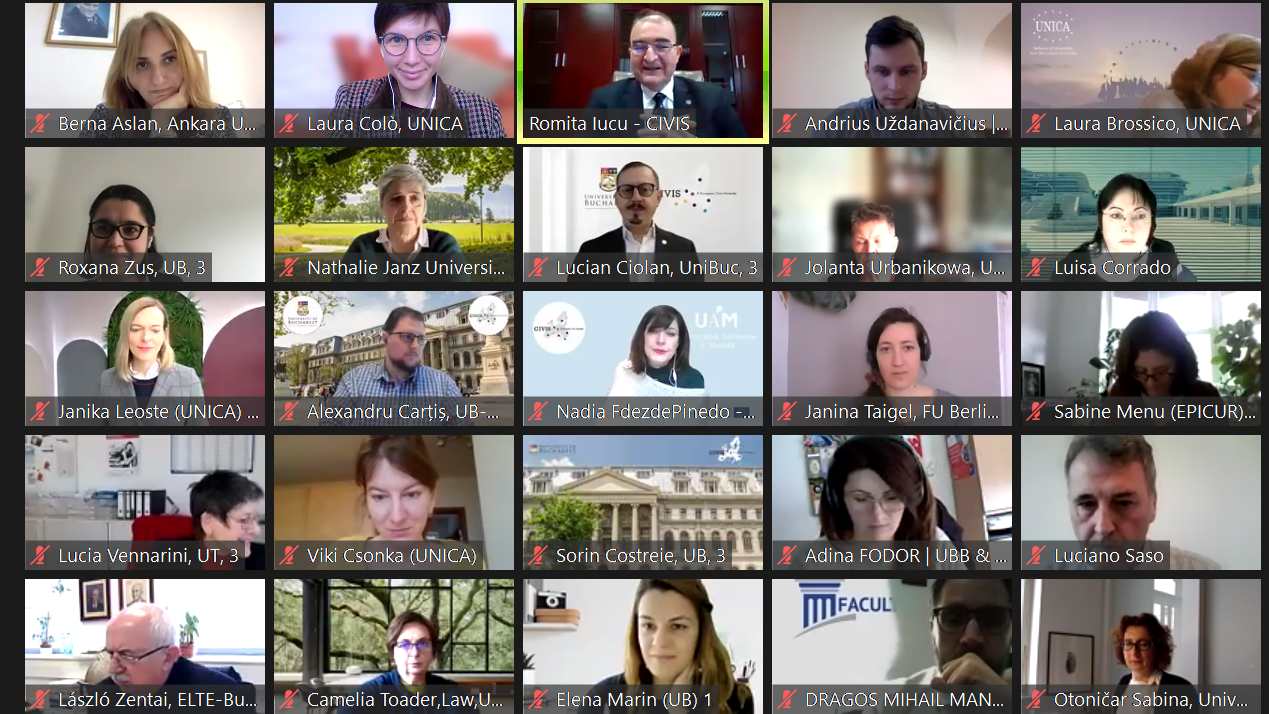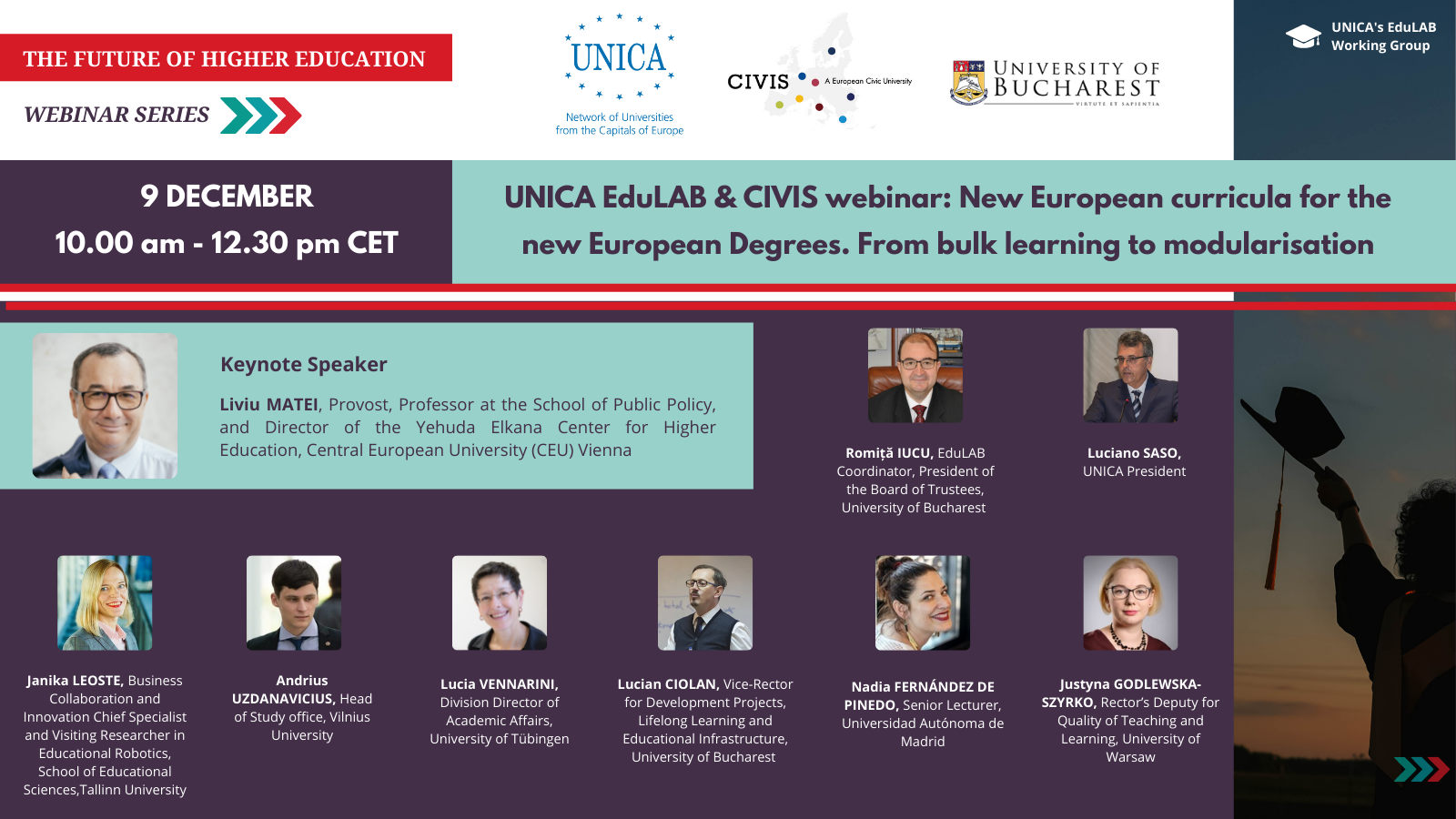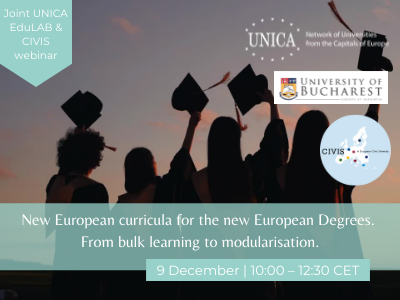UNICA EduLAB & CIVIS webinar: New European curricula for the new European Degrees. From bulk learning to modularisation
Promoted by the University of Bucharest
For the past two years, emerging challenges have shifted the way academics and students are involved in teaching and learning, creating the premises for a strong digitalisation in Higher Education processes. 2021 has turned to be a critical year for Higher Education and the 2030 Agenda, focusing on the development of the European Universities Initiative and the challenges these new Higher Education institutions are facing.
With the world preparing itself for the post-COVID educational context, the European universities’ role in innovating education and training is constantly evolving, revealing new educational sceneries through modern and flexible learning pathways.

The webinar debated on how modularisation and curricular innovation can play a crucial role in the future of Higher Education teaching and learning, as a response to the social and digital challenges and in the sense of enhancing lifelong learning and continuous training for a highly dynamic labour market.
Drawing on the rich experience and expertise from representatives of CIVIS, the University of Bucharest, and UNICA, the webinar discussed the critical role of curricula innovation and modularisation.
The European Universities are the most accessible and “clean” way, at the public policy level, to gain an open access to a European identity. The pathway goes through the academic curricula, and we consider that the European Degrees will represent the most cautious, but also most consistent way, on a medium- and long-term basis, for achieving this goal. Functionally speaking, the curricular design for European Degrees cannot follow the usual process of traditional degrees, which has proven frail so far. It needs to be approached in a transformative and developmental way, through the flexibilization of learning experiences and by formalizing them in curricula based on micro-credentials philosophy, centered on the modularization and recognition of small curricular units.
The invited speakers shared how curricular innovation best practices and in particular the modularisation of learning have led to successful impact in their institutions, developing high competencies for the 21st century as an answer to the needs of the new generations of students.
Besides institutional approaches, curricular innovation in Higher Education offers new perspectives for European Degrees and recognition of learning.


09 Dec 2021
Online
Schedule
10:00 – 12:30 CET
Contact
laura.brossico@unica-network.eu | viki.csonka@unica-network.eu


 Co-funded by the European Union. Views and opinions expressed are however those of the authors only and do not necessarily reflect those of the European Union or the European Education and Culture Executive Agency (EACEA). Neither the European Union nor the granting authority can be held responsible for them.
Co-funded by the European Union. Views and opinions expressed are however those of the authors only and do not necessarily reflect those of the European Union or the European Education and Culture Executive Agency (EACEA). Neither the European Union nor the granting authority can be held responsible for them.